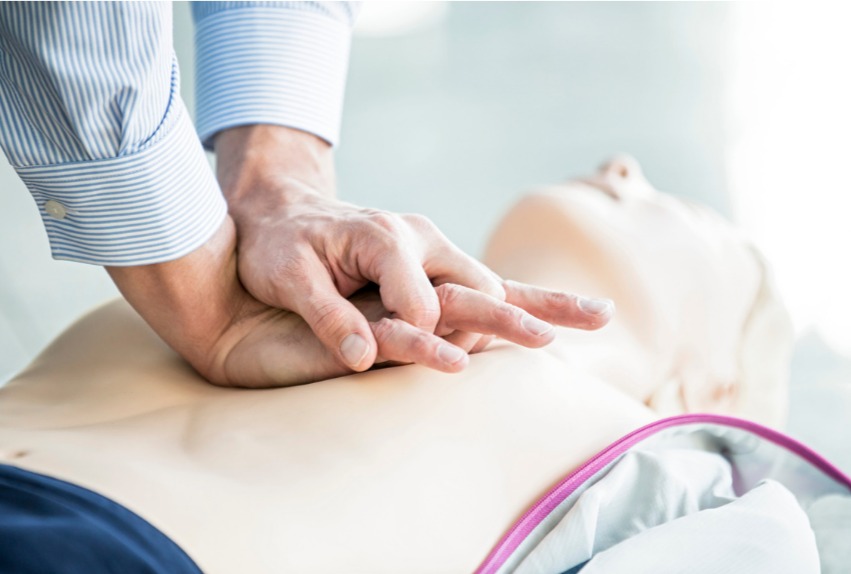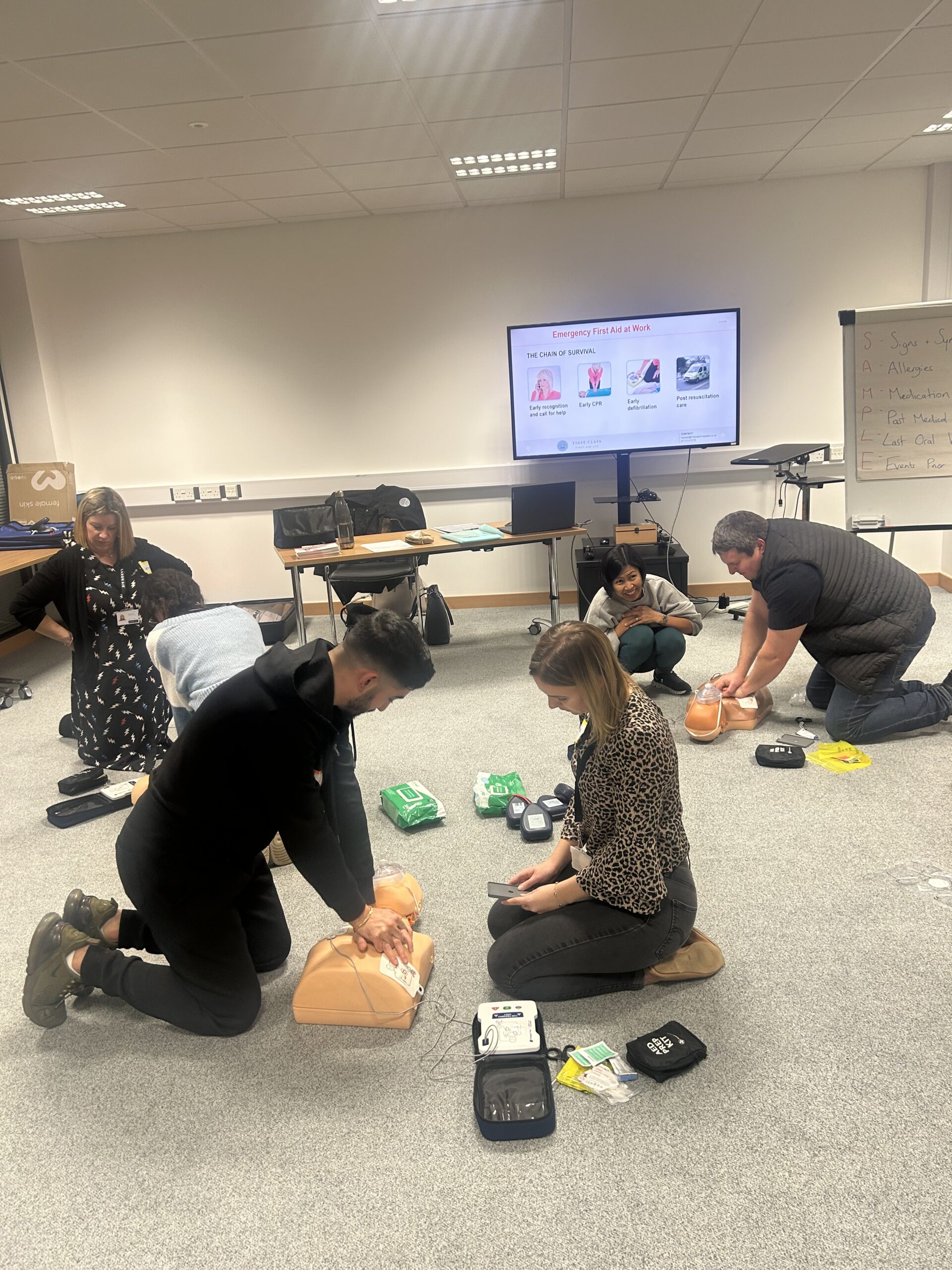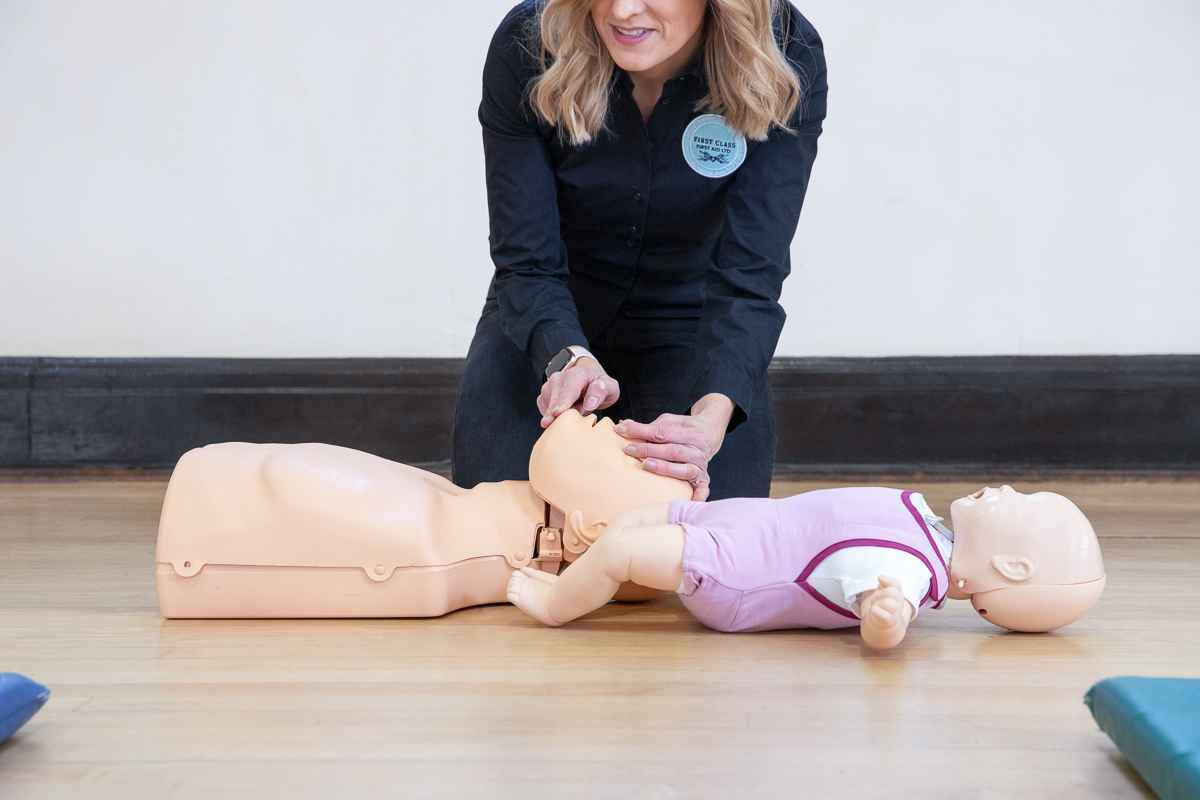With the festive season upon us, many children will receive gifts powered by button batteries. These small, coin-shaped batteries are commonly found in toys and gadgets, but their size and shiny appearance make them particularly appealing to curious little hands and mouths.
Understanding the risks and how to respond to an emergency is crucial for keeping children safe. Here we have outlined what to do if you know or suspect that a child has ingested a button battery.
Where are button batteries found?
Button batteries power many household items and toys, particularly those with lights or sounds. These include:
- Dolls, toy phones, and Furbies
- Remote controls and small electronic devices
- Seasonal decorations like LED ornaments
Their small size, comparable to sweets, makes them easy to swallow. To reduce risk, UK safety regulations require children’s toys to have battery compartments secured with screws or require dual actions to open. However, products from overseas or market stalls may not meet these standards. Always inspect toys for loose or insecure battery compartments, as a common cause of ingestion is batteries falling out of poorly designed cases.
Why are button batteries dangerous?
When ingested, these batteries can cause serious harm. When the battery reacts with bodily fluids such as saliva, it releases a strong alkaline substance strong enough to burn through tissue. Even ‘dead’ batteries remain dangerous, so they should be treated just as seriously.
The battery can also get stuck in the windpipe, which can obstruct breathing and is equally as dangerous if stuck up the nose or in the ear, which can cause localised damage.
Watch this video to see a visual demonstration of the damage button batteries can cause if ingested:
Signs of ingestion:
Symptoms may not appear immediately, but keep an eye out for:
- Difficulty swallowing, drooling, or refusal to eat or drink
- Noisy breathing or complaints of chest pain
- Vomiting blood or passing dark stools
- Sore throat or sudden irritability
- Fever without a clear cause
What to do if a child swallows a battery
If you suspect a child has swallowed a button battery, it can be very scary. It is essential to stay calm and act quickly. Call an ambulance or go to the nearest hospital immediately, explaining what has happened. Do not wait for any symptoms to appear; the longer it is left, the more damage it can cause.
It may be tempting to try and get the battery out by getting them to vomit. However, it is essential not to give them anything to eat or drink or try to make them vomit, as this could cause more damage as the battery makes its way back up.
Safety tips to keep your child safe from batteries
Sometimes, accidents happen, but there are a few things that can be done to help minimise risks:
- Teach siblings about the dangers of button batteries and encourage them to help keep them out of reach of younger children.
- Keep new and used batteries in sealed containers that are out of reach of children.
- Make sure an adult puts batteries in toys and ensure battery compartments are secure and comply with safety standards.
- Recycle dead batteries promptly to prevent accidental ingestion.
Be prepared for emergencies
As parents and caregivers, it’s natural to worry about keeping our children safe. Taking proactive steps, such as learning basic first aid, can make all the difference in an emergency.
I offer first aid courses for parents and carers, equipping you with the knowledge to handle situations like button battery ingestion and more. For more details, take a look at my courses or get in touch via 01603 336329 to discuss how I can support you.
Let’s work together to create a safer environment for your little ones this holiday season.





